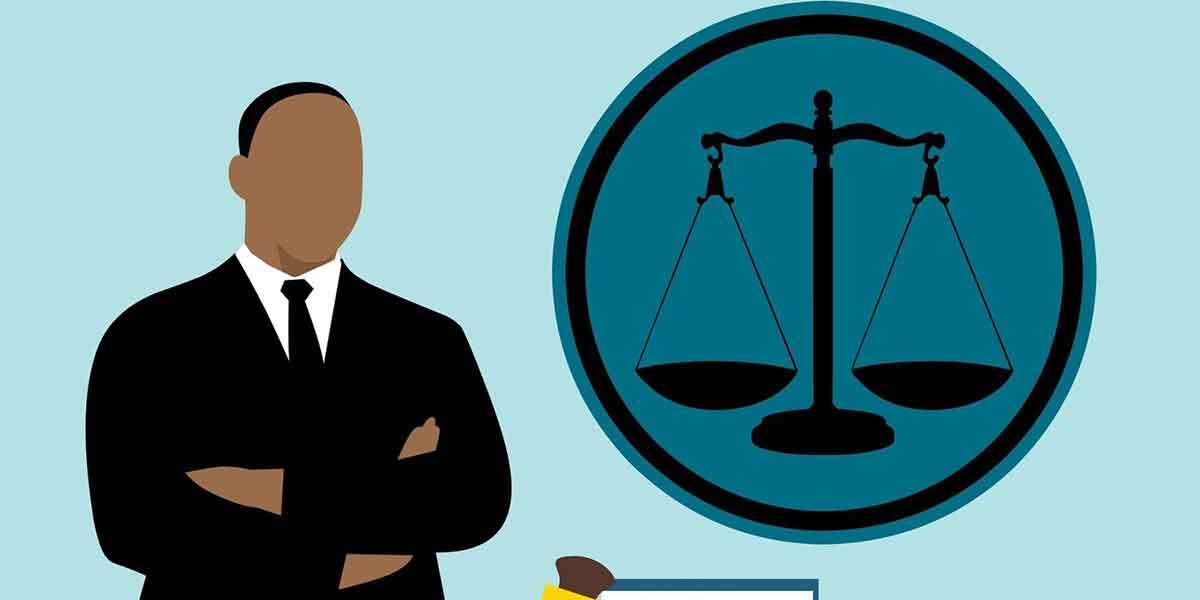For you to avoid postponing your estate planning tasks, it is imperative that you find the right estate planning lawyer to work with you.
After you have your financial and family information together, the next important step is to get legal help.
Let us look at the top 5 steps to use to get the right lawyer – you might not use all the steps, but using a few of them will give you the direction you need.

Set a Timeline for Finding the Lawyer
The process of getting a lawyer might take anywhere from1 day to a few weeks. With this said, it is vital that you set a deadline for getting a lawyer. You might have a few referrals from friends and colleagues, make sure you set the right period to meet and talk to them.
After you set the timeline, you also need to set a second deadline where you make a decision on which lawyer to work with.
Make sure to include the two dates in your calendar so that you don’t forget.
Go for Specialty
Chances are some of the referrals, if not all, are with lawyers that have general legal knowledge. As much as they might give you the advice you need, they will not have the experience necessary to handle your case.
When you restrict your choice to estate planning lawyers, you get to cut down the number of lawyers that you have to pick from. This reduces your efforts dramatically.
Additionally, you need to consider the local area to find the best lawyer to serve your needs. You can choose to leave the area if you believe the grass is greener on the other side, but you are better off with a lawyer practicing in your state. A lawyer outside the state might not be conversant with all the rules of the local state.
Get Some Advice
After you identify a few lawyers to work with, you need to ask your friends and colleagues or advice.
Ask them about their experience with a particular lawyer and what they feel was good, or bad about them. When it comes to making the perfect decision, try and stick to those friends who are in the same situation as you. Additionally, make sure you ask the people that you trust.
If your friends don’t have what to say, or you are new in town, you can approach financial experts in the area. Talk to a financial planner, accountant or a general practice lawyer. Ask them if they can recommend someone to work with.
Another place you can get direction is the bank. Talk to the bank manager or a heads of department.
At times, you might go through all these and fail to get a referral. When this happens, you can call the bar association of the specific state you stay in and ask for a list. This list usually comes with phone numbers for easier communication.
Compare Costs
Once you have a few attorneys that focus on estate planning, the next question you need to answer is “how much will I pay for the services?”
Remember if the cost is outside your comfort zone, you won’t be comfortable working with the lawyer. In such a case, look for another lawyer to represent you.
Don’t compare your situation to someone else’s when it comes to cost, because the cost is determined based on various factors. Top on the list is the kind of situation you are going through and the regional price.
If your situation needs complex estate planning tools, then you expect to pay more. Many people shy away from lower-cost attorneys because they think they might not get the best representation, which is a lie. Many estate planning lawyers have modest offices but offer top services.
Before you sign any papers, make sure you ask your attorney for an estimate of how much the job will cost. The lawyer will look at the information you have with you and come up with a cost estimate.
The cost might vary depending on the time the lawyer will spend on the task. A big percentage charges a flat rate for the whole process. When you negotiate the price, make sure everything that is needed for the plan is in the fee.
Assess the Lawyer
The initial fee gives you the opportunity to understand various aspects of the lawyer. These include his communication skills, competence and personality. Don’t underestimate this step because it determines whether you will be comfortable with the lawyer discussing things that you can never tell anyone else.






